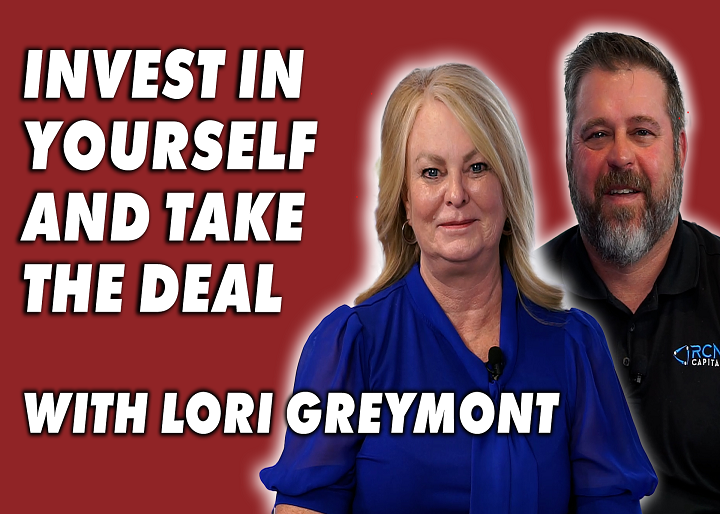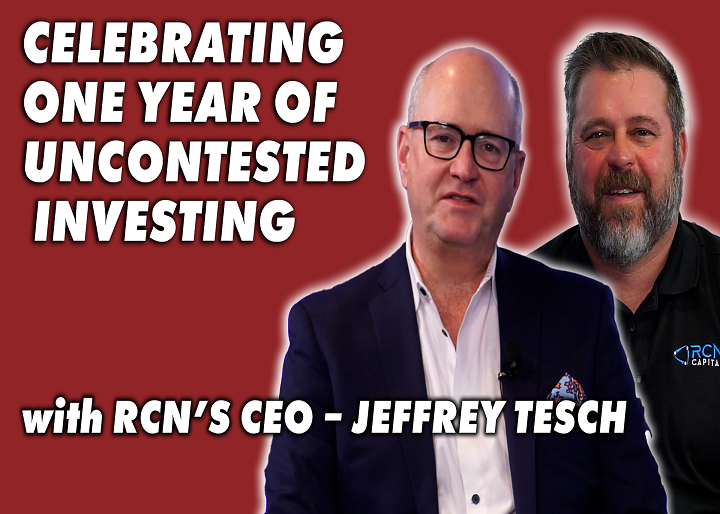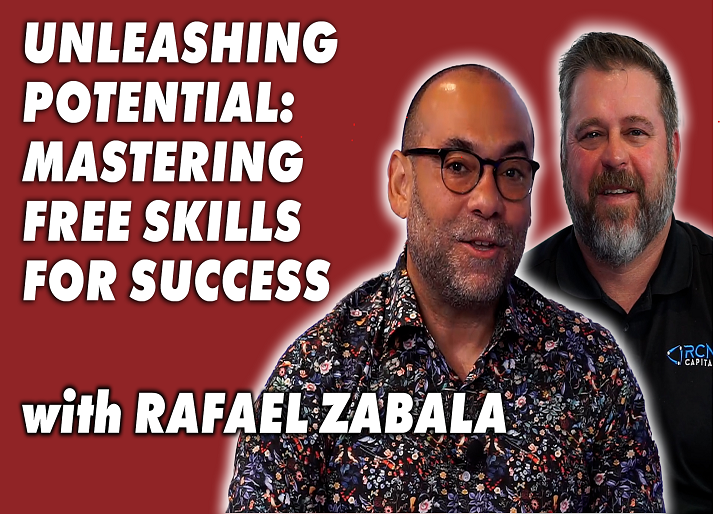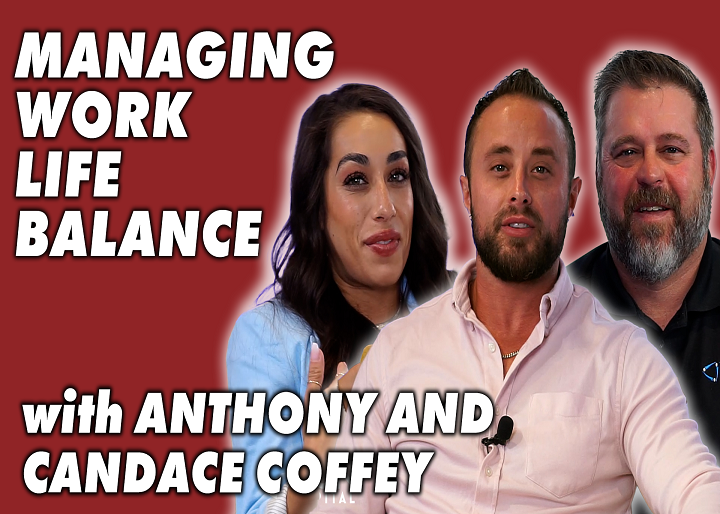The Ripple Effect: Unleashing Financial Freedom and Building Legacies
Chris Miles is a cash flow expert and real estate investor, known as the “anti-financial advisor”. He helps people increase their cash flow by creating passive streams of income to eventually achieve financial freedom. In this episode, Chris is with us to share how real estate can change your life by generating massive returns and paving your way to financial freedom. Listen now to learn practical solutions that will help
Read More












